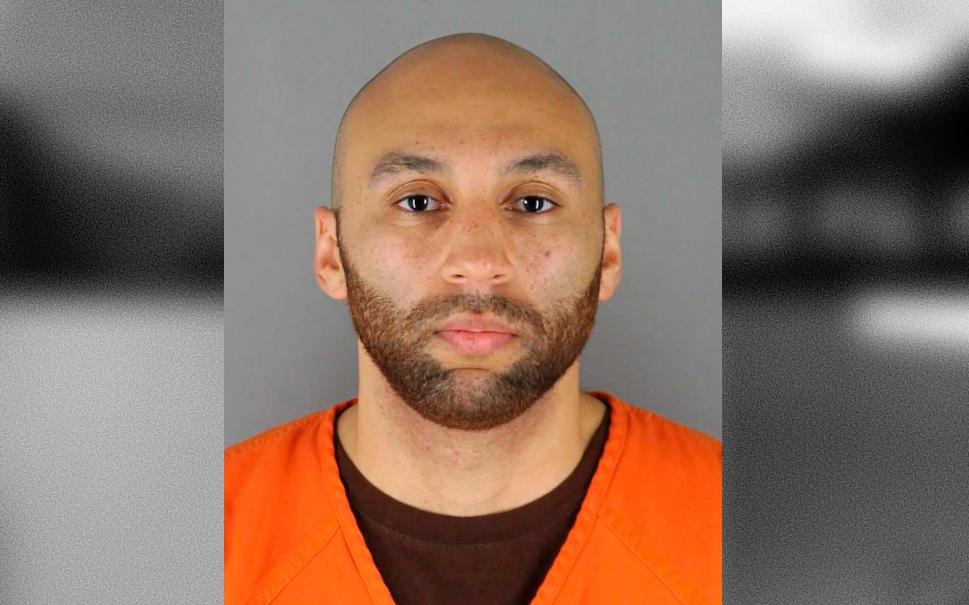J. Alexander Kueng, a former officer of the Minneapolis Police Department, has been sentenced to 3.5 years in prison over state charges for his involvement in the death of George Floyd.
The sentence on Friday comes after Kueng in October pleaded guilty to one state count of aiding and abetting second-degree manslaughter.




